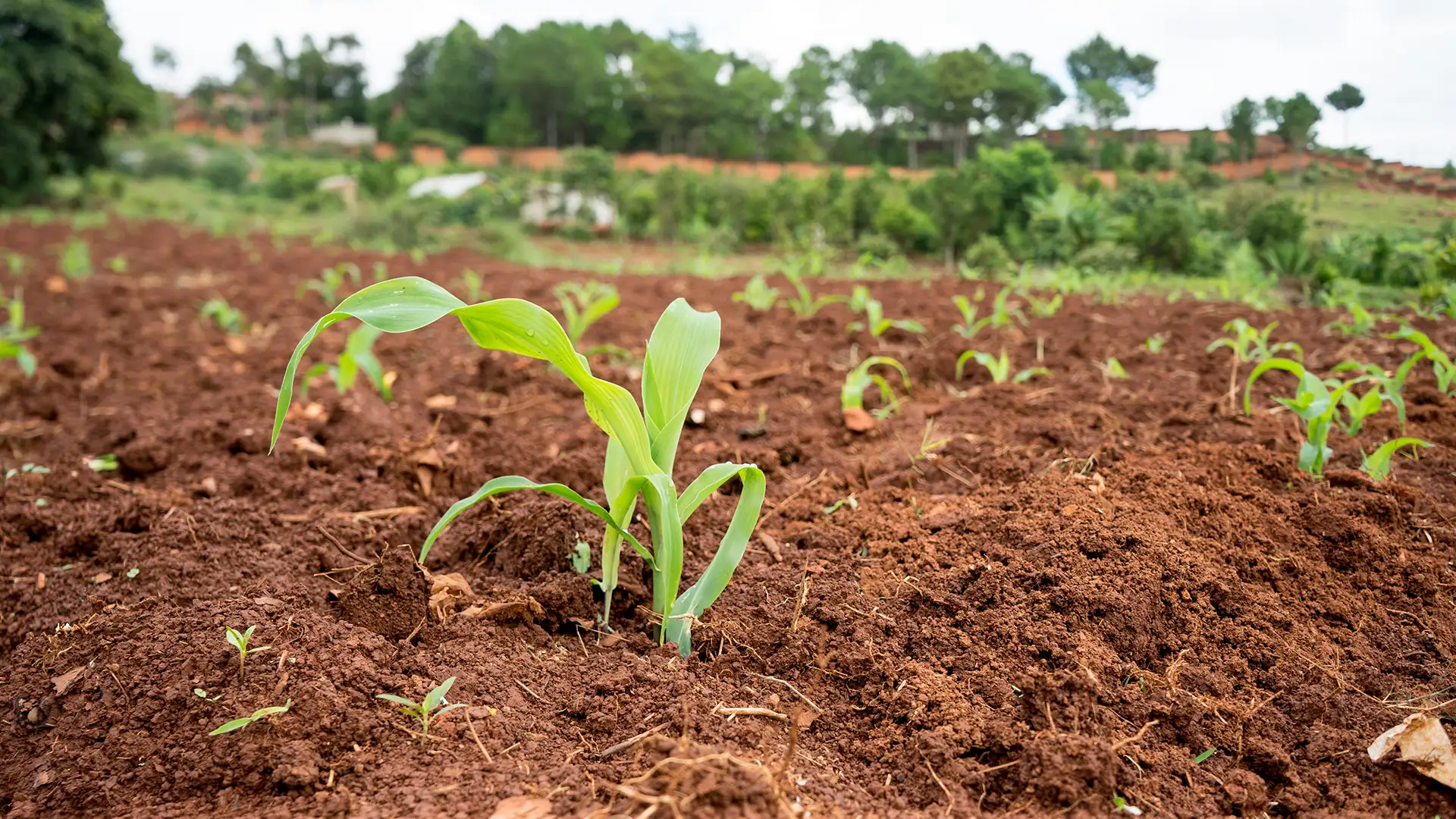In a significant address on the ongoing fertilizer crisis, Indian Farmers Fertiliser Cooperative Limited (IFFCO) Chairman, Dilip Sanghani, discussed the acute shortage of liquid fertilizer in the country. He attributed the crisis to China’s decision to halt fertilizer exports, a move that has disrupted India’s agriculture sector.
Speaking to the media, Sanghani stated, “50 % of the fertilizer in India is manufactured domestically, while the other 50 % is imported. A significant portion of these imports comes from China. This year, China revised its agricultural policy and completely stopped exporting fertilizers. Rising raw material costs have discouraged private companies from importing, creating a supply-demand gap. China’s monopoly in certain areas has worsened the situation.”
The shortage has affected farmers across the country. Many are struggling to secure urea fertilizer during the crucial sowing season for Rabi crops. Just last week, farmers lined up at the Farmer Assistance Center at Vadhvan Marketing Yard, waiting to receive urea.
Farmers have already sown vital crops such as cumin, chickpeas, wheat, and mustard. The timing of this crisis has left them in a precarious situation. The limited supply of urea has triggered widespread frustration. Many farmers report receiving only six bags of urea per person, which fails to meet their requirements.
A farmer from Gujarat expressed his distress, saying, “At this critical stage of crop growth, fertilizer is essential. The authorities need to ensure adequate supply, or the situation will get worse.”
The urea shortage has disrupted farming operations and raised concerns about its impact on overall crop yields. Farmers are calling on the government and fertilizer companies to act swiftly and resolve the crisis before it derails the Rabi season entirely.
Policymakers and stakeholders face mounting pressure to close the supply gap and ensure farmers receive the resources necessary to sustain India’s agricultural backbone.

